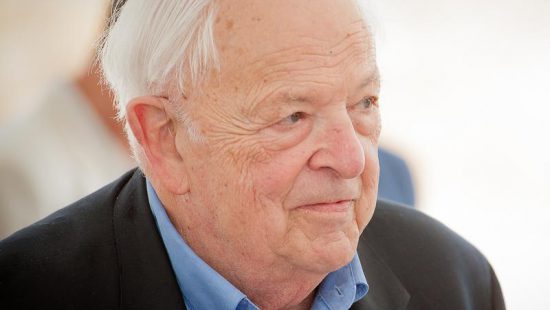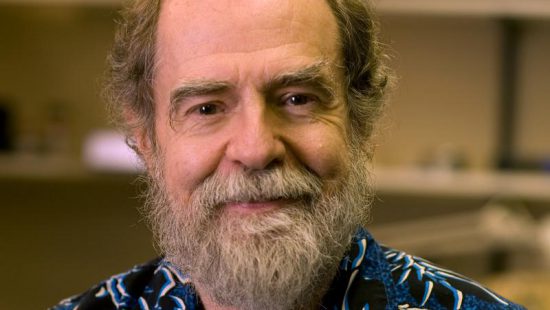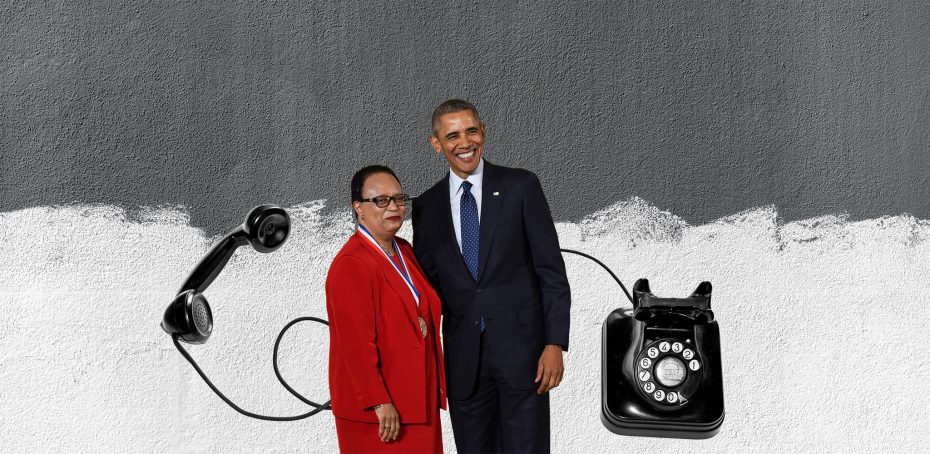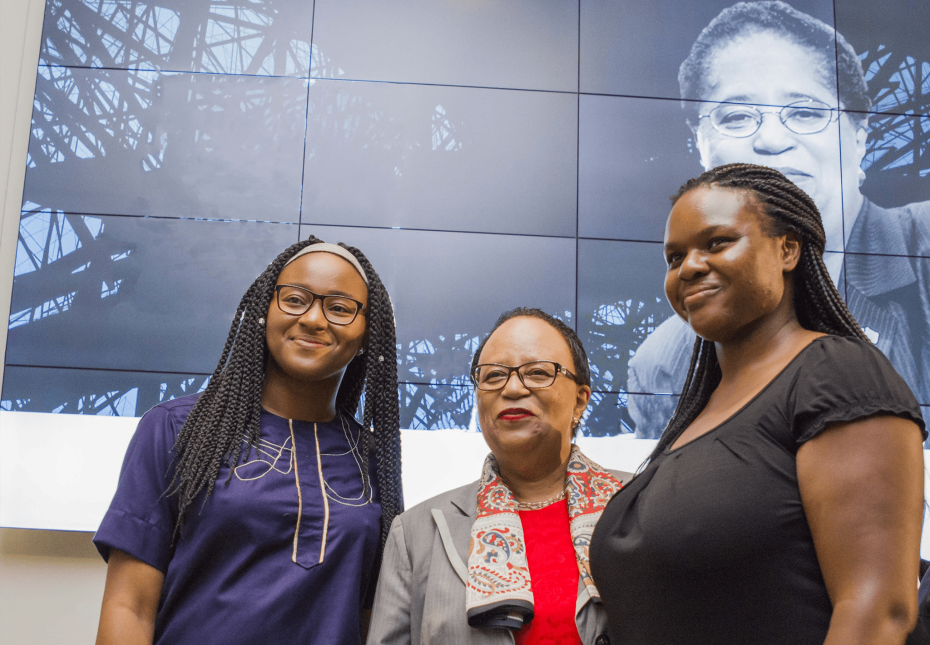In 1925, a student wandered into the office of renowned physicist Peter Debye and issued a proclamation. “Professor Debye,” the man said, “your theory of electrolytes is incorrect.”
That man, Lars Onsager, would win a Nobel Prize 43 years later for his namesake equation, used to express irreversible processes within thermodynamics, the study of heat and its conversion to other forms of energy. Onsager, a Norwegian immigrant, often seemed too smart for his own good.
In 1928, he came to America to teach chemistry at Johns Hopkins University but was promptly fired for an inability to communicate at such a freshman level.
Instead, Onsager moved into research – later convincing Debye to accept his contradictory theories.
“There’s time to soar like an eagle and a time to burrow like a worm,” Onsager said. “It takes a pretty sharp cookie to know when to shed the feathers and … to begin munching the humus!”







